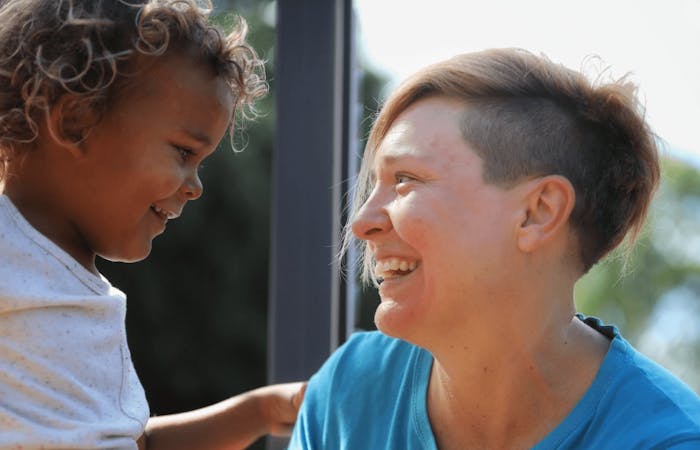Practitioner resources
General practice has an important role in providing culturally sensitive health care to First Nations peoples. Help your practice to make a bigger difference with the following tools and resources.
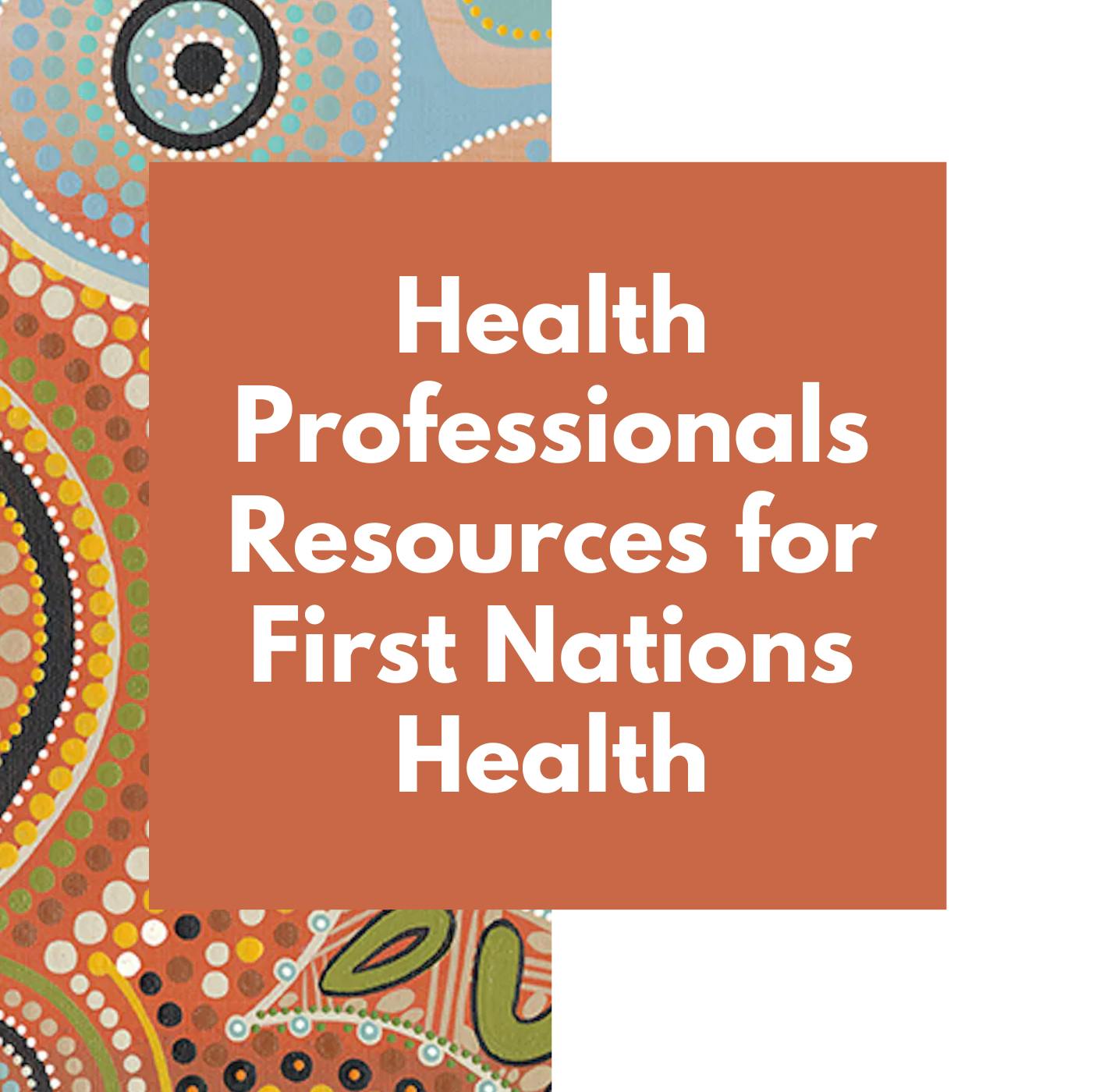
Health Professionals Resources for First Nations Health
Brisbane South PHN has collated resources to support health professionals to be better equipped to deliver culturally appropriate and safe care to First Nations people.
View document here →
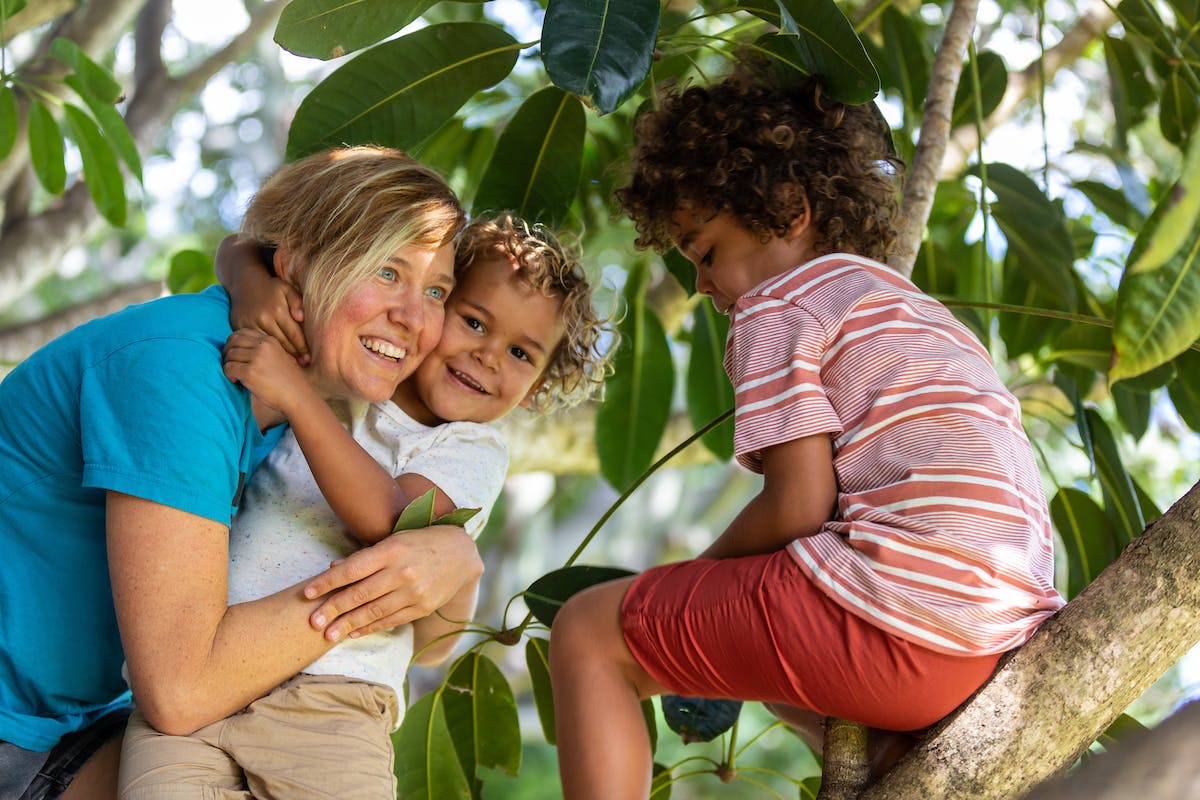
Education guide - MBS items for First Nations patients
This guide explains key Medicare Benefits Schedule (MBS) requirements for claiming services provided by an Aboriginal and Torres Strait Islander health practitioner.
Go to the MBS Item guide →
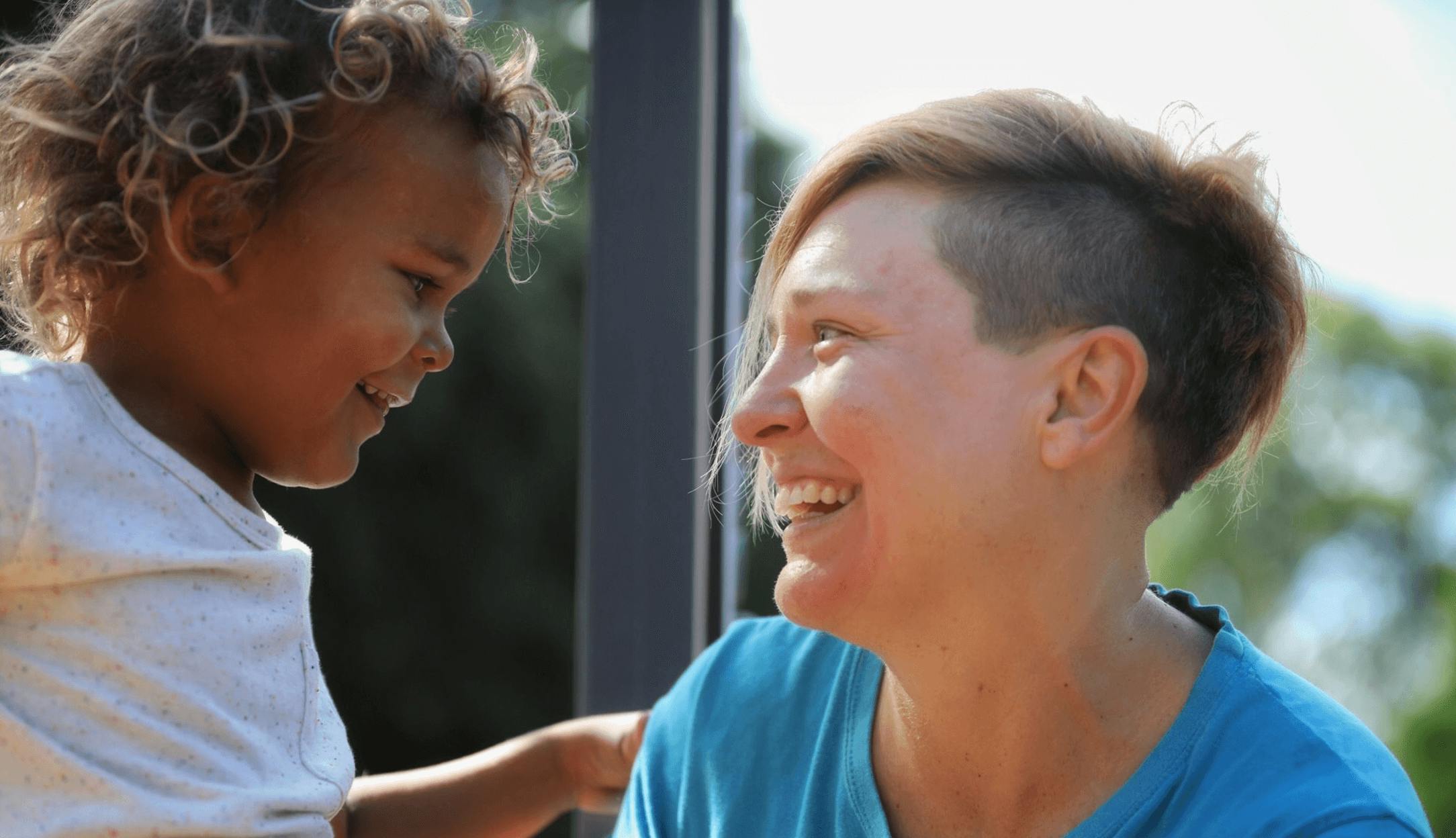
Indigenous Incentives Program (PIP)
The Practice Incentive Program (PIP) supports practices and Indigenous health services to provide better health care for Aboriginal and Torres Strait Islander patients.
Visit Services Australia to register →
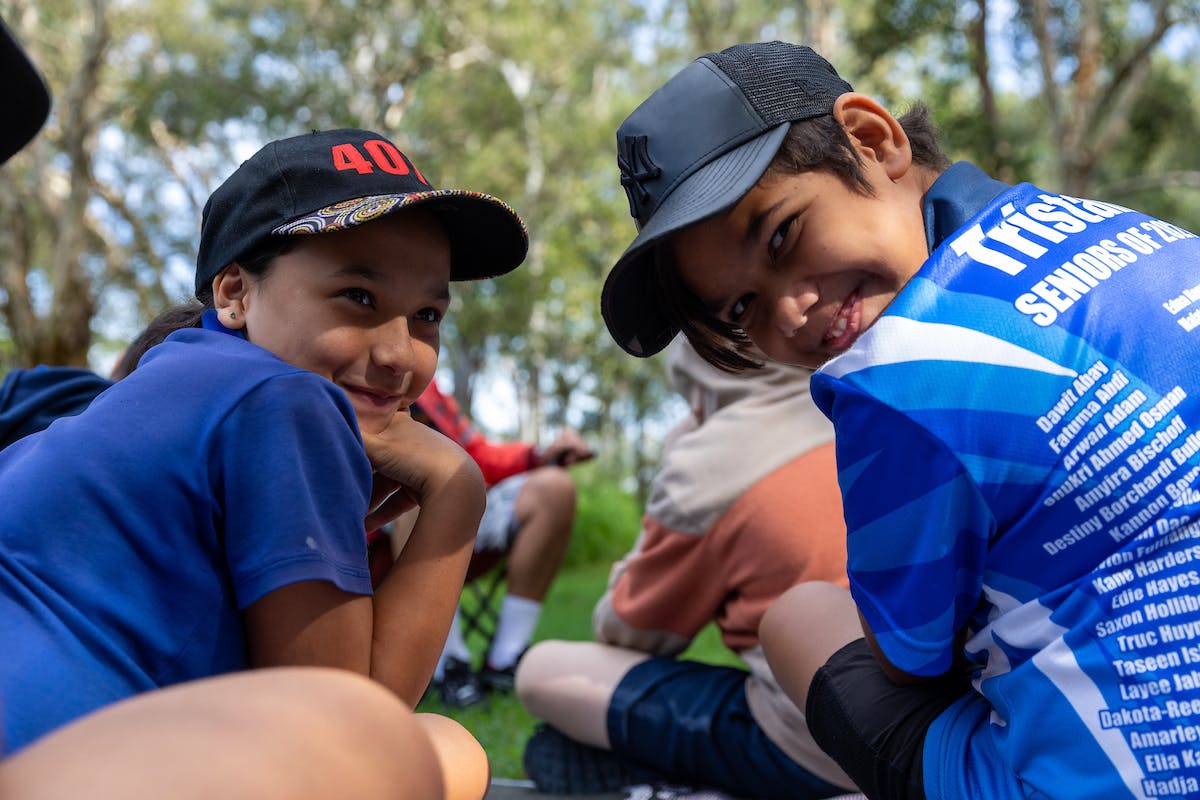
Instructions for identifying patients in a clinical setting
A patient is considered to be of Aboriginal and/or Torres Strait Islander descent if they identify as being so. Learn how to ask your patient, and record their answer appropriately for better health care delivery.
View the advice and instructions here →
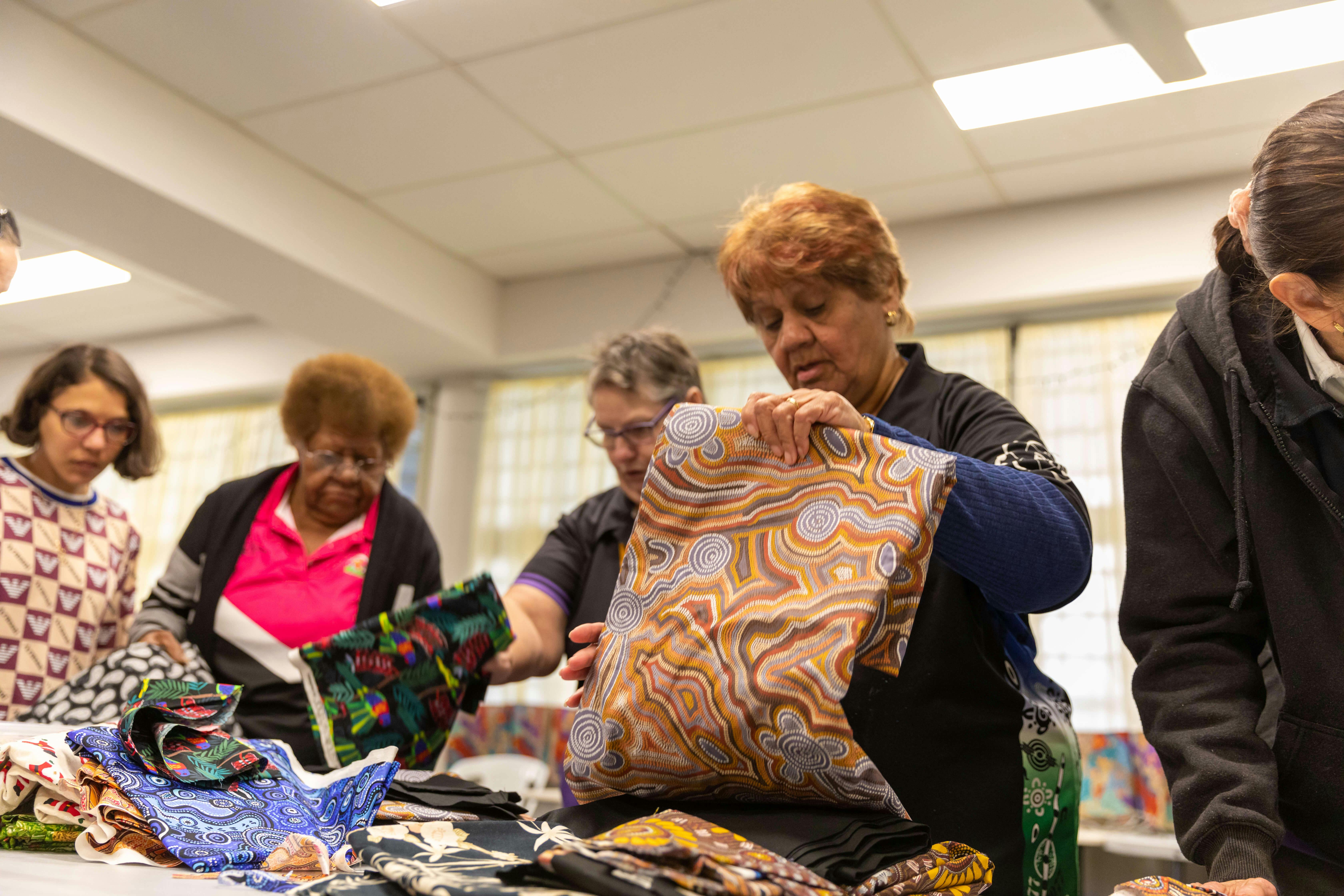
RACGP's 5 Steps to excellent care
Learn the five steps towards excellent health care for Aboriginal and Torres Strait Islander people, developed by the RACGP for busy GPs and practice teams.
Read the 5 Steps Guide here →

MBS Item 715, Health Check Templates
A poor health check can lead to non- or dis-engagement in healthcare and has the potential to do harm. Use the RACGP and NACCHO templates provided here to support your patient’s ongoing engagement in primary healthcare in a culturally safe way.
Access the health check templates here →

Acute Rheumatic Fever and Acute Rheumatic Heart Disease
Find resources that reflect the latest best practice for understanding and managing ARF and RHD. Developed between RHDAustralia and Aboriginal and Torres Strait Islander communities.
View and download resources here →
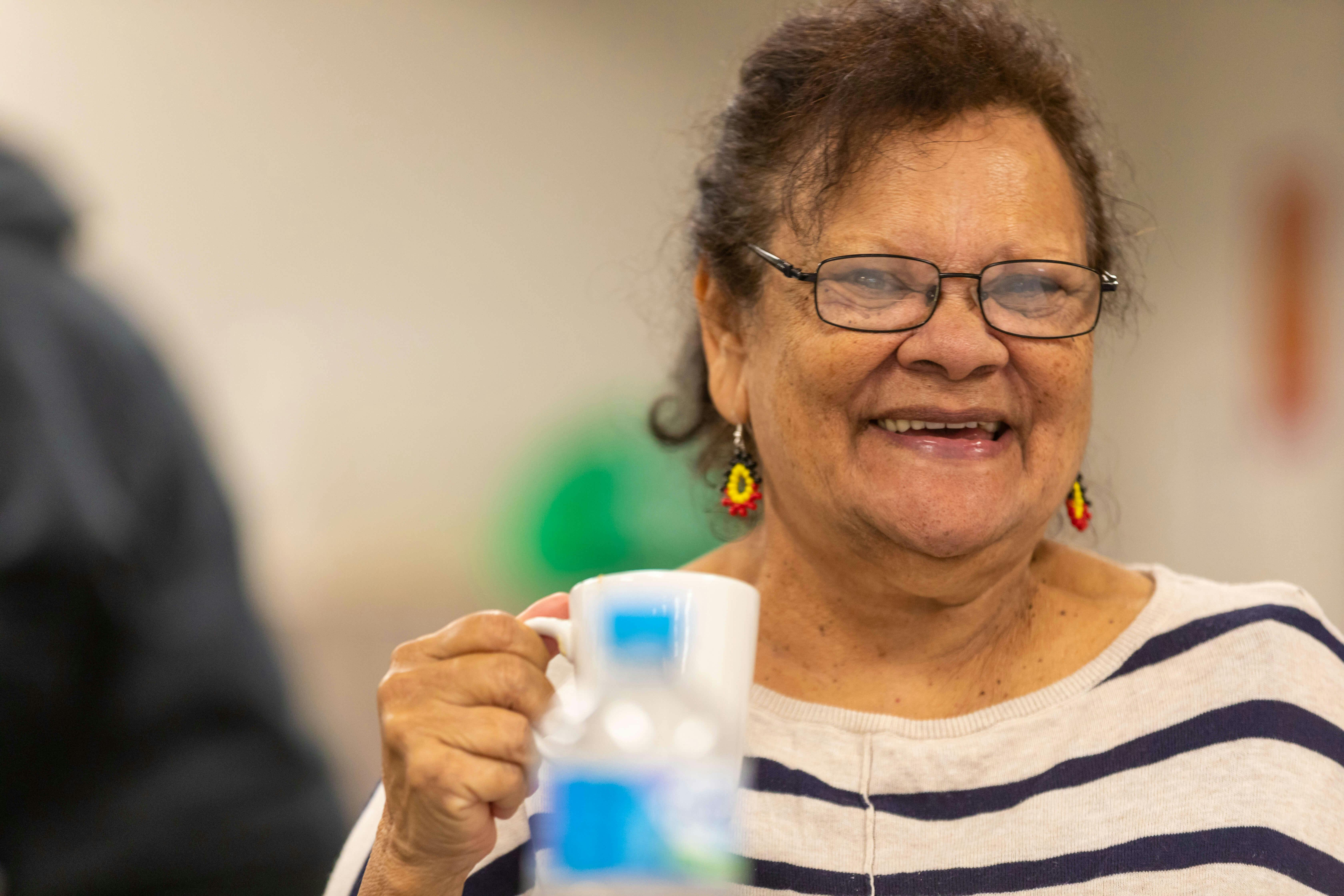
First Nations people and the Heart Health Check
Cardiovascular disease is the biggest contributor to preventable morbidity and mortality among First Australians. The Heart Foundation provides a checklist here on how to incorporate absolute CVD risk assessment into the 715 assessment.
View the recommendations here →
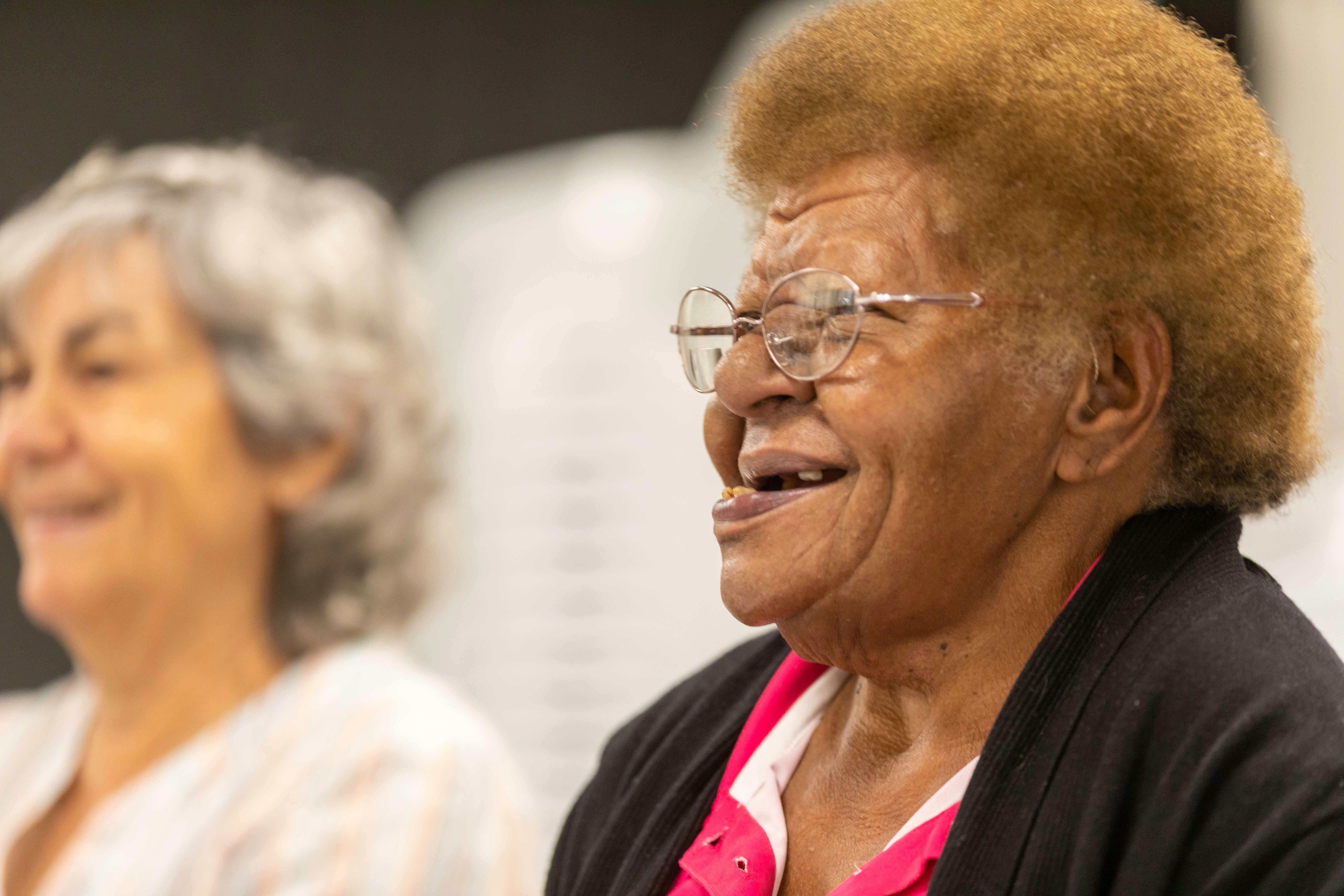
Chronic Kidney Disease Management handbook
First Nations peoples experience disproportionate levels of kidney disease right across rural, regional and urban areas. Compared with the general population, they are five times more likely to develop kidney disease and four times more likely to die from kidney disease. This handbook is a highly regarded, evidence-based source of information, providing guidance and clinical tips to help you detect, manage and refer patients in your practice with CKD.
Download the CKD handbook →
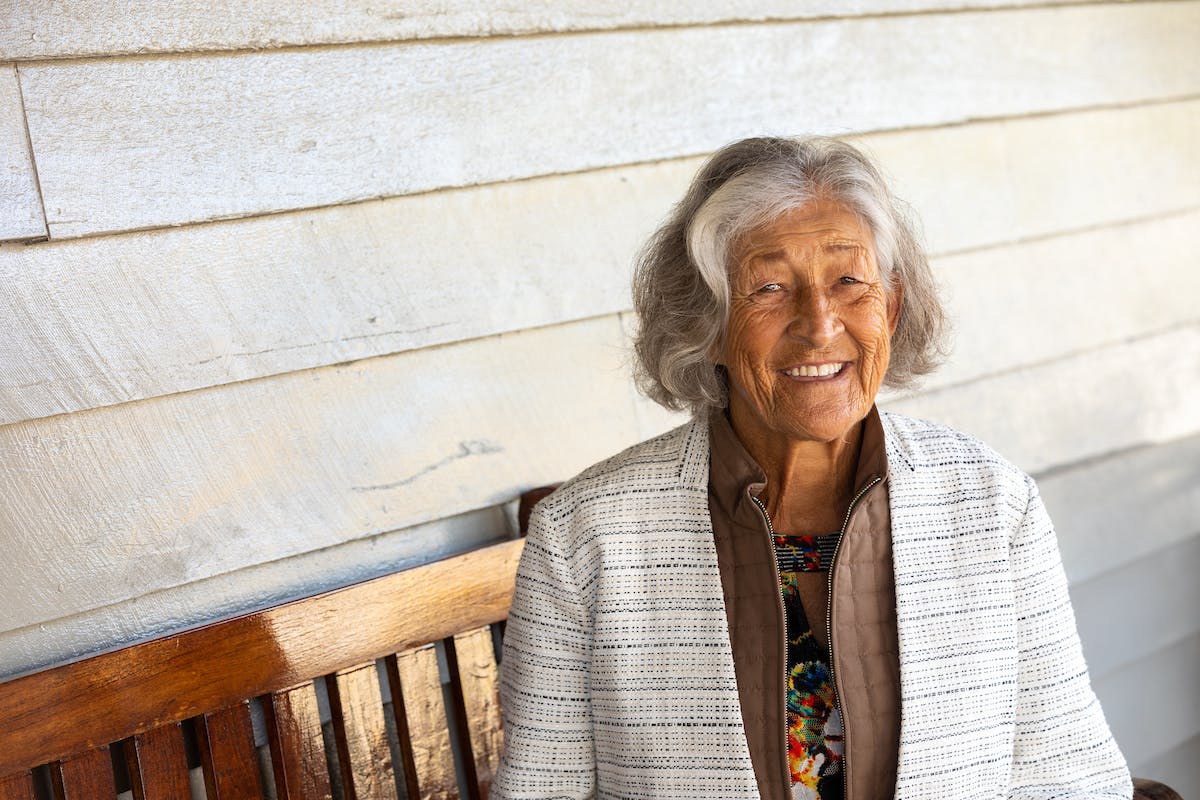
Aged care for First Nations Elders
It’s important to find aged care services that respect your patient's culture as well as meet their care needs. For First Nations people aged 50 years or older, find resources and services that provide specialised care listed on the Australian Government's My Aged Care website.
View the resources →

Diabetes (Feltman / Feltmum) Training for Health Professionals
1 in 3 First Nations patients is affected by diabetes. This 2-hour training resource provides upskilling and professional development in diabetes to Aboriginal and/or Torres Strait Islander Health Workers/Practitioners, Registered Nurses, Allied Health Workers and those working with Aboriginal and Torres Strait Islander communities and clients.
Learn more. Visit Diabetes QLD →
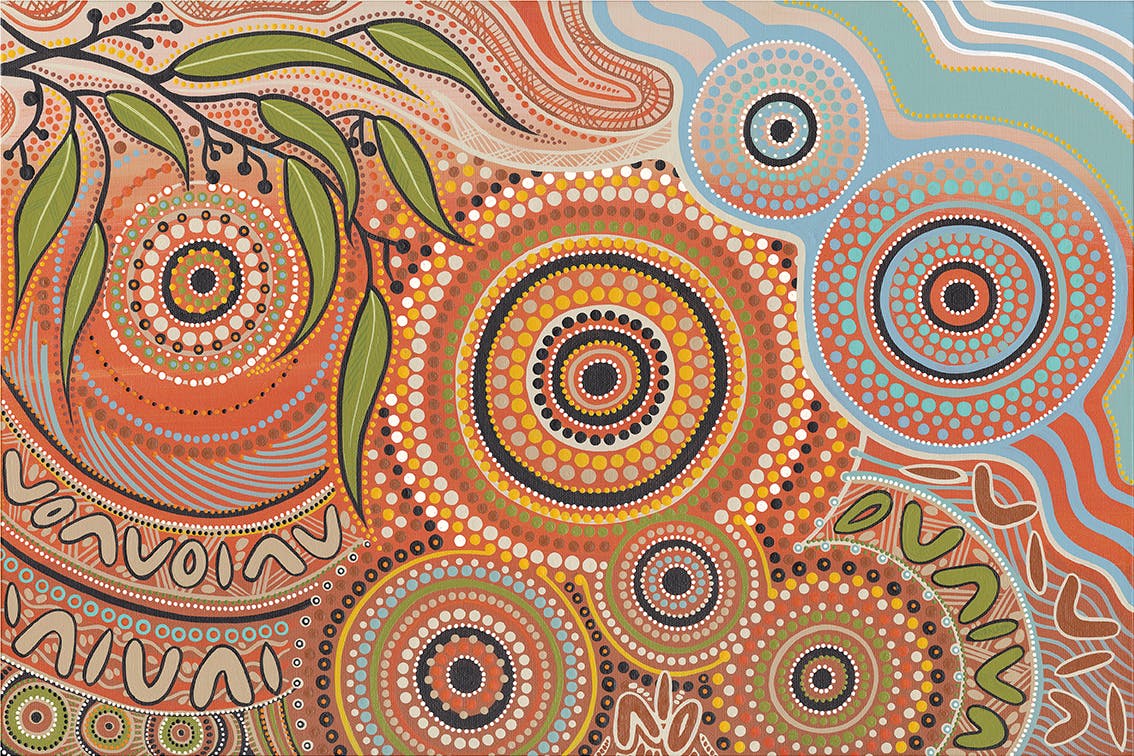
Palliative care for First Nations patients
The Gwandalan Project supports the delivery of coordinated, culturally relevant and safe palliative care for Aboriginal and Torres Strait Islander peoples across community and acute care settings. Learn how to have culturally sensitive and respectful conversations about end-of-life care with First Nations patients. View the training modules and resources for frontline staff here.
Go to the website →
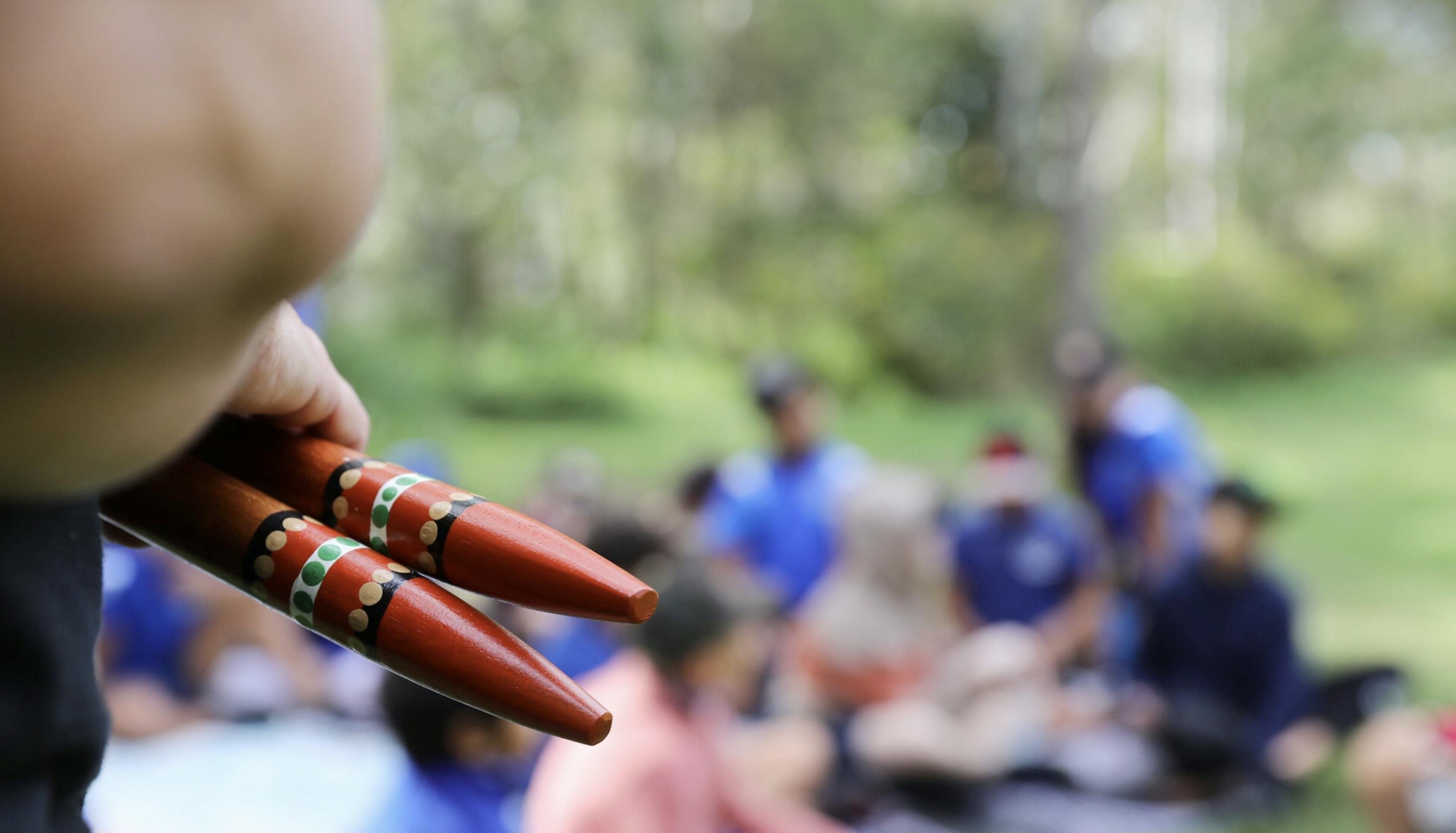
Stolen Generations: understanding the trauma
This fact sheet from the Healing Foundation provides information for GPs to improve services for Stolen Generations survivors. When interacting with survivors and their families, it’s helpful to recognise the trauma many people carry and the potential triggers to avoid.
Read the fact sheet →
Discover FREE workforce training to improve your practice
Discover PHN is Brisbane South PHN’s learning and collaboration portal for primary care health providers in the region. The portal provides access to a range of learning modules and resources, some of which can be used for Professional Development points.
Safe Communication in Health Care
This online, multimedia course provides easily accessible training for primary care health professionals and staff to strengthen communication with patients and among team members.
Introduction to Cultural Competence
This 2-hour training gives practical strategies for reducing misunderstandings caused by culture or language, both with clients and internally.
Health Literacy Essentials
The majority of Australians have low health literacy; 60% of people you see have problems understanding and using the information you give. Health Literacy Essentials gives you the skills to communicate more effectively with your patients.
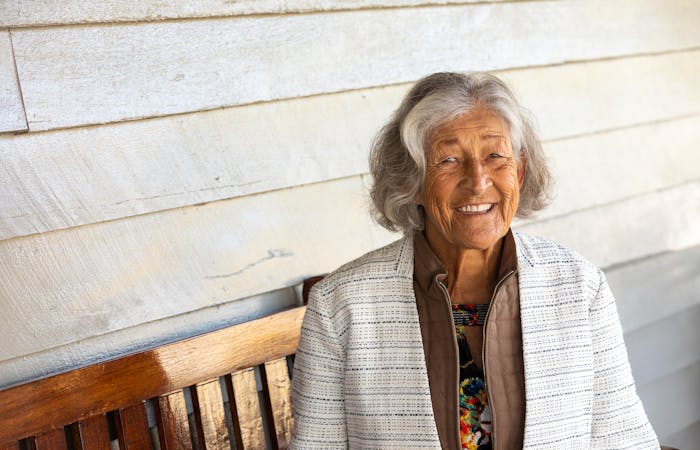

Care Coordination Programs for your patient
Help improve health outcomes by connecting your First Nations patients with social support services providing integrated team care and coordinated approaches across the health system.
The Care Coordination and Supplementary Services (CCSS) program, run by IUIH, aims to provide better access to coordinated and multidisciplinary care for Aboriginal and Torres Strait Islander people who have chronic conditions, including:
- Access to specialists, allied health services and other support services
- Access to specified medical aids that are needed to manage clients' conditions effectively
- Provision of appropriate clinical care
- Arranging services
- Assisting patients to attend appointments
- Ensuring medical records are complete and current
- Ensuring regular reviews are undertaken by the patient’s health care team

GP Education: Improving Indigenous Access to Mainstream Primary Care
The Improving Indigenous Access to Mainstream Primary Care program provides engagement and education support to mainstream practices within the region. Services include delivering cultural awareness training to enhance the cultural safety of First Nations peoples attending mainstream primary healthcare services.
